What you need to know about the 1000 calorie diet
Recently, there was a lot of attention revolving around the 1000 calories meal plan. And this type of diet focuses on having a low-calorie intake plan so that you achieve rapid weight loss. Still, you should know this is a somewhat restrictive diet, which can lead to significant nutrient deficiencies and potential health problems. Also, a considerable reduction of calorie intake without burning up to 1000 calories a day, can make you feel rather sluggish. Overall, a low-calorie diet represents an efficient approach in decreasing body weight by up to 8%, yet it is a short-term approach. It is always best to ask your medical practitioner’s advice before starting a 1000 calories meal plan.
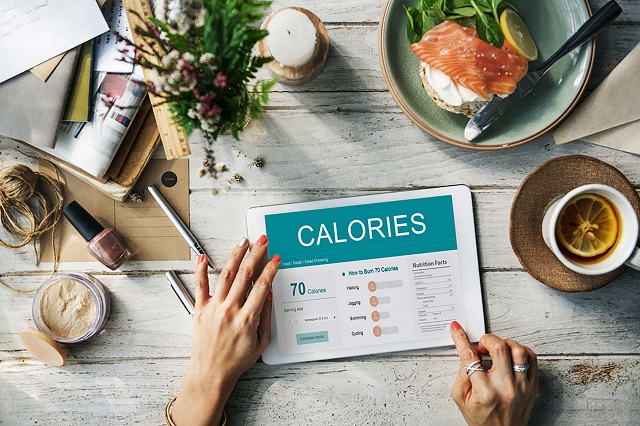
What is the 1000 calorie diet?
As the name suggests, the 1000 calorie diet is a drastic meal plan meant to kickstart your weight loss process. It is a highly restrictive diet, which might not feed your body all the nutritional elements needed for your health. There are several variations concerning this meal plan, as follows.
#1 Variation 1
It would be best if you started your morning by eating up to six calories. Mostly, it is recommended for you to have some warm water mixed with apple cider. After this, you should have as breakfast around 86 calories, consisting of two egg whites and a bowl of fruit. Between breakfast and lunch, you should have 100 grams of a low-fat dairy, but you shouldn’t exceed 154 calories. For lunch, you can have a salad, but you shouldn’t use too many sauces, as the calorie intake shouldn’t go over 351. Between meals, a bowl of fruit can replace your snacks, while for dinner, you should have a salad, followed by some snacks consisting of a cup of green tea and two digestive biscuits.
#2 Variation 2
for the second approach to the 1000 calories diet, you should have for breakfast oatmeal with fruits, but you should be careful not to exceed 100 calories, also, you can have some lemon juice mixed with warm water and honey, which will most likely add up 70 calories. In between meals, you should have a cup of green tea. And for lunch, you should have legumes soup and 100 g of dairy products, both not exceeding 225 calories. Between lunch and dinner, you can have two fruits of your choice. Your dinner should consist of a vegetable dish, as you can mix and match several items. The overall calorie count for your dinner shouldn’t go over 385 calories, and you can have a snack with two digestive biscuits and a cup of green tea (around 140 calories).
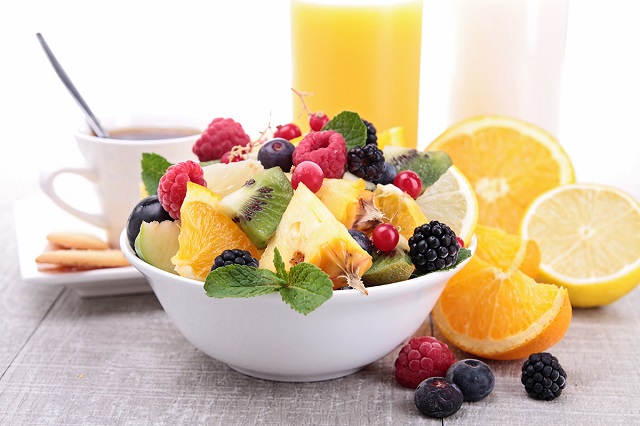
What are the ups and downs of following a 1000 calorie diet?
The main advantage of following this diet is rapid weight loss. You will ingest fewer calories than the daily recommended intake. It would be best if you kept in mind that some studies suggest that the results achieved with this 1000 calories meal plan are not reliable, and many people gain the same weight they lost.
The downside of this meal plan is that it can favor the appearance of malnutrition, sluggishness, and slower metabolic rate. This can make room for serious health problems related to your digestive tract and liver functions. Also, some limited research suggests that a 1000 calorie meal plan can harm your brain’s health, as it will prevent the blood from feeding it the required nutrients.
What shouldn’t you eat with a 1000 calories meal plan?
There are several foods you should avoid while following this diet, including:
- Any fat or oil must be removed from your diets, such as coconut oil, avocado oil, butter, cheese, or any other animal fat;
- Any seeds or nuts should be removed, too;
- Dry fruits are not recommended in the 1000 calories meal plan;
- Proteins like beef, pork, lamb, or tofu are not recommended.
What to eat with a 1000 calories meal plan?
Overall, it would be best if you focused on getting as much vitamin B, proteins, and fiber from wheat foods and enzymes. Also, a calcium supplement might help you overcome the nutritional deficit of this diet. You can eat all sorts of fruits like oranges, cantaloupes, kiwi, pears, strawberries, and many other berries that offer minimal calories that can be used in salads. And it is highly recommended to add vegetables like spinach, zucchini, broccoli or artichokes as often as possible.
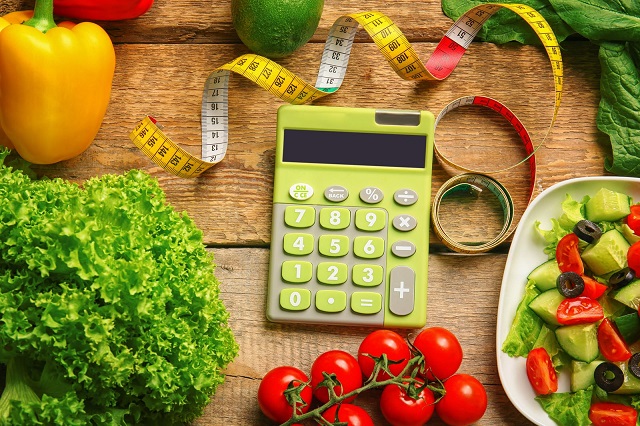
The bottom line is that this highly restrictive diet might offer rapid weight loss results, but at the same time , it can lead to serious health concerns. It is always best to ask for medical advice before adopting a restrictive meal plan.
, it can lead to serious health concerns. It is always best to ask for medical advice before adopting a restrictive meal plan.

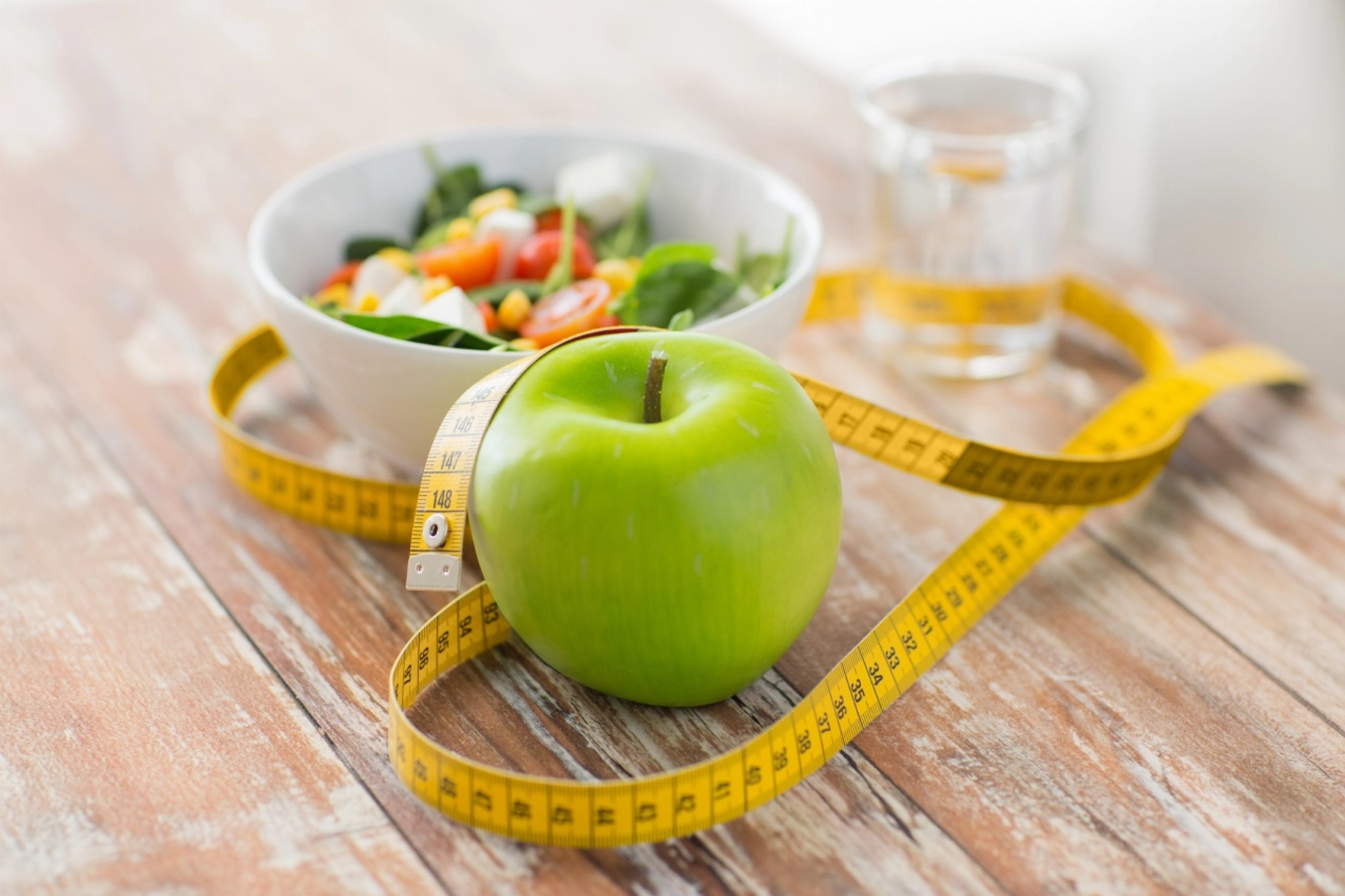

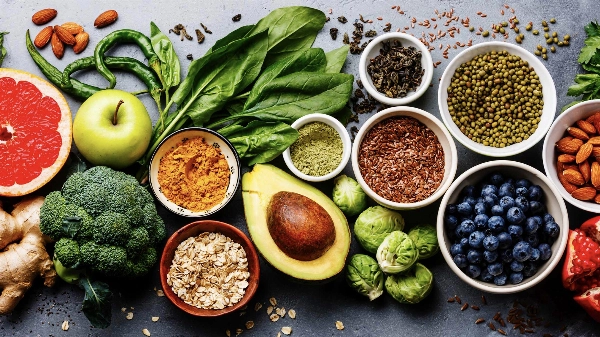

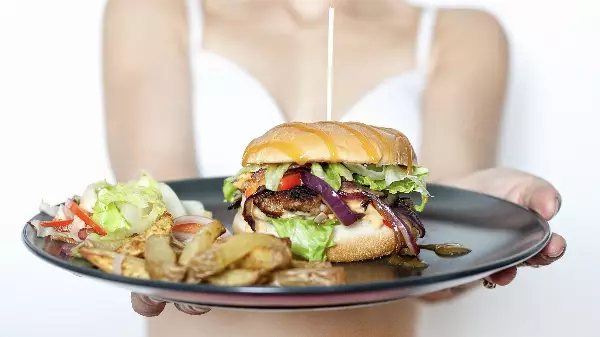
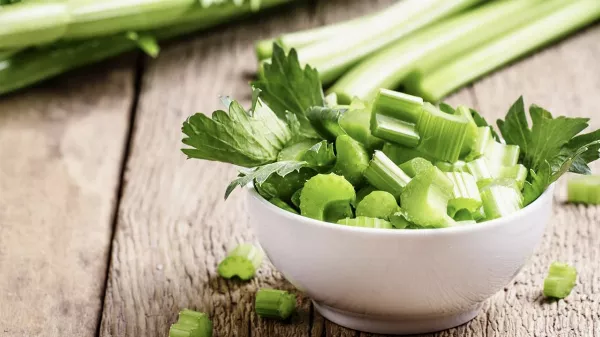



0